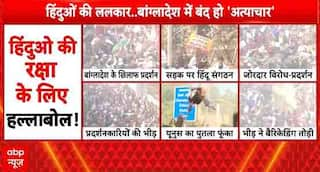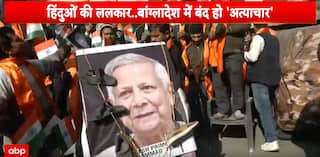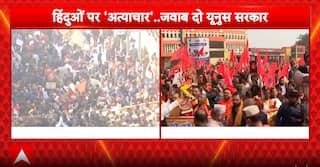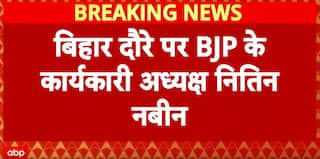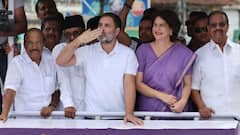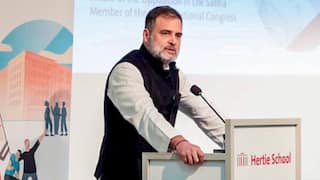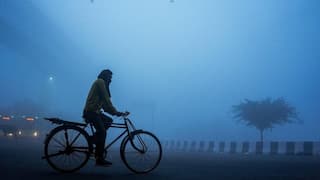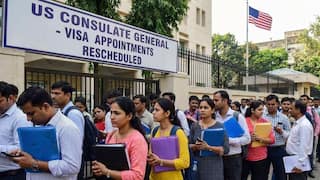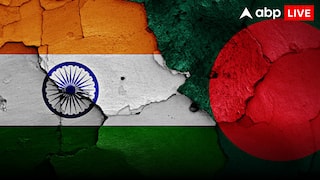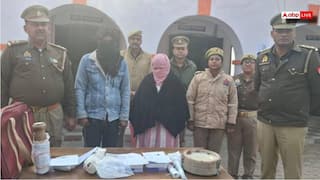Kerala Formation Day 2023: Tracking Kerala's Journey To Becoming A Flourishing State
Kerala Formation Day: The modern-day Kerala was formed on November 1, 1956, and since then has made great strides in education, construction, real estate, and sustainable development.

Kerala Formation Day, popularly known as Kerala Piravi, commemorates the inception of the state of Kerala. The modern-day Kerala was formed on November 1, 1956 with the union of the Malabar District, Travancore-Cochin (excluding four southern taluks), and the state of Madras (except for the Kanyakumari district).
Kerala is known for its rich cultural legacy, distinct traditions, and natural beauty. From inception to now, 'God's own country' has experienced rapid growth, thanks to increased minimum wages, extensive road construction, active trade and labour unions, effective land reforms, and significant investments in clean water, sanitation, housing, food accessibility, public health infrastructure and education.
The state also has a high birth rate, a low death rate, and a favourable male-female ratio.
Despite having a lower per capita income, Kerala has outperformed many developed states by implementing a development formula that requires fewer resources. Though Kerala's egalitarian politics is frequently highlighted, the state also has a long tradition of communal harmony.
Kerala Formation Day: Major Milestones
Initially, Kerala’s growth rate was slow but it increased after the 2000s. The state made strides in construction, real estate, and sustainable development. The state maintains a high Human Development Index, reflecting its commitment to human welfare and development.
Subsequently, Kerala made great progress in terms of social development indices like healthcare, education and gender equality. Kerala has historically had one of the highest literacy rates in India and witnessed considerable improvements in health indicators such as life expectancy, maternity and infant mortality rates, and healthcare infrastructure.
Kerala has made significant progress in empowering women through various social and educational initiatives, resulting in increased female labor-force participation and better gender parity.
Kerala implemented significant land reforms that redistributed land to the poor and landless in the 1950s and 1960s. One of the most significant growths in Kerala was after Kerala Land Reforms (Amendment) Act in 1969 which brought an end to the feudal system and ensured that tenants' rights on the land came into effect in 1970.
Politics
Kerala is well-known for its politically aware and involved citizens. Kerala's political scene has been controlled by the Left Democratic Front (LDF) led by the Communist Party of India (Marxist) and the United Democratic Front (UDF) led by the Indian National Congress. These two alliances have swapped power over the years. The state has a long history of political engagement as well as a strong presence of political and social groups advocating for a wide range of issues including worker rights, environmental protection, and social justice.
Education
Kerala has one of the highest literacy rates in India, mainly with a focus on universal education. The state has a strong public education system that includes a large network of government schools and institutions that serve students from all socioeconomic backgrounds.
Kerala has had remarkable achievements in raising female literacy rates, promoting gender equality, and empowering women through education. Kerala's literary mission provide education to all people, including the old. Over one lakh people became literate in Kerala between 2016 and 2020, according to figures in 2021. Kerala has been a forerunner in integrating technology into education, with initiatives such as the IT@School Project promoting computer literacy and digital education in schools.
Kerala is the first state to implement ICT-enhanced education in all public schools, with smart classrooms. In reality, according to the NITI AAYOG, Kerala placed top in the school education quality index in 2019.
Entertainment
Malayalam movie production picked pace only after the second half of the twentieth century. After 1947, there were advancements and investments in the film industry. With the help of Kerala state government, film production increased from about 6 films per year in the 1950s to 127 in 1980.
Jeevitha Nouka, Kerala's first blockbuster film, was released in 1951. From then to now, Malayalam films have been honoured at various international film festivals showcasing the industry's ability to create fascinating and important films.
In the 1970s and 1980s, the advent of the new wave cinema trend in Mollywood by filmmakers such as Adoor Gopalakrishnan, G. Aravindan, and John Abraham resulted in the production of critically acclaimed, socially relevant, and artistically rich films.
Business
While heavy industries are less in Kerala, tourism, handlooms, coir, and traditional industries dominate the state. The tourism business in 'God's Own Country' has risen dramatically, with both domestic and international visitors drawn to the state's attractive backwaters, rich landscapes, and cultural heritage. Tourism has resulted in the expansion of the hotel, travel, and allied service sectors, all of which contribute significantly to the state's economy.
Kerala's government has made an effort to foster the expansion of IT-related firms, which would result in job creation and economic development.
Kerala has seen a growth in the number of startups and entrepreneurial firms, thanks to many government initiatives and incubation centres that have fostered an environment conducive to innovation and business development.
Judgment
In the Hadiya Case, the Supreme Court reaffirmed the right to choose one's faith and partner, setting an important precedent for individual freedom and autonomy. Hadiya from Kerala decided to convert to a Muslim from Hindu religion for marriage.
A controversial case that made heads turn from Kerala was Sabarimala temple entry case. The Supreme Court's verdict allowed the entry of women of all ages into the Sabarimala Temple, which was previously restricted to women of certain age groups.










